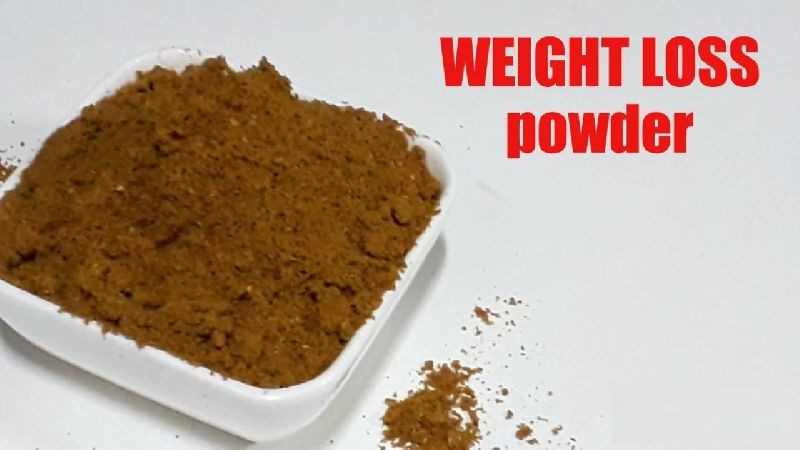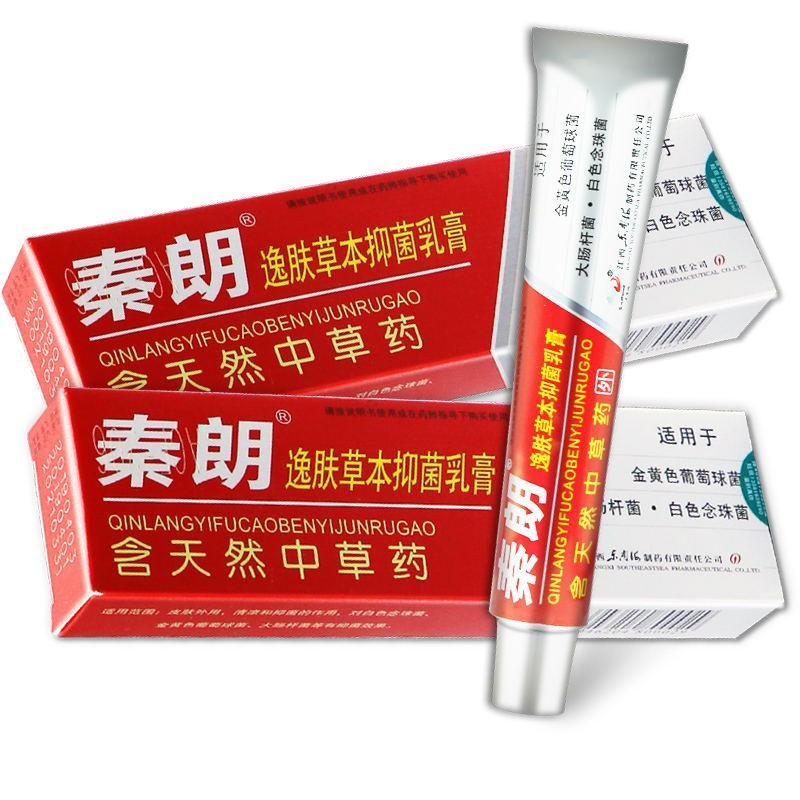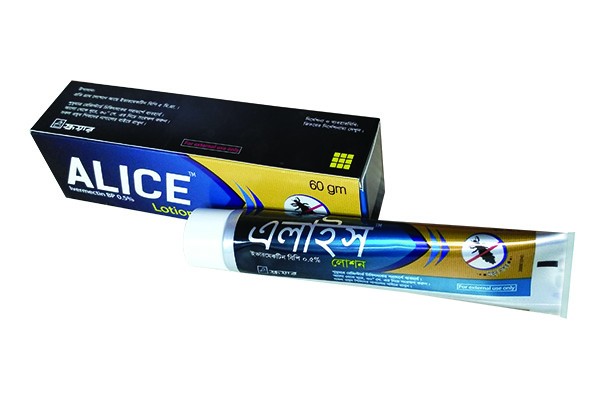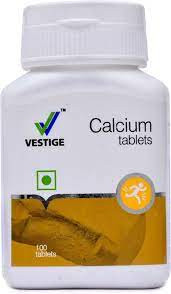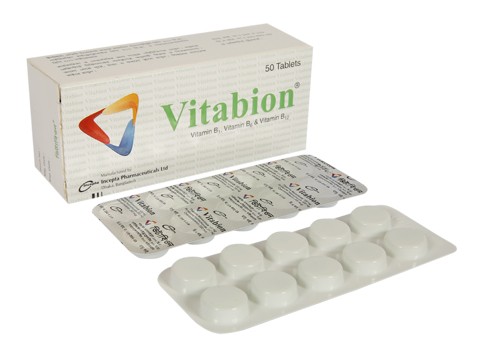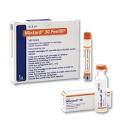

Mixtard 30 Penfill100IU/ml
Inhouse product
-
৳1,030.00
৳1,550.00 -
৳10.00
৳12.00 -
৳280.00
৳500.00 -
৳127.00
৳132.00 -
৳884.00
৳1,105.00 -
৳112.00
৳120.00
Reviews & Ratings
ndication
Diabetes mellitus
Administration
Administer within 15 min before a meal or immediately after a meal. Administer subcutaneously in the upper arm, thigh or abdominal wall. A subcutaneous injection into the abdominal wall results in a faster absorption than from other injection sites.
Adult Dose
Subcutaneous Type 1 Diabetes Mellitus Suggested guidelines for beginning dose Ketones moderate or less: 0.5 U/kg/day SC Ketones large: 0.7 U/kg/day SC Typically, 50-75% of total daily dose is given as intermediate- or long-acting insulin Type 2 Diabetes Mellitus Suggested guidelines for beginning dose; adjust according to blood glucose levels Initial dose: 0.5-1 units/kg/day in divided doses Initial dosages for type 2 diabetic patients are often lower, e.g. 0.3 to 0.6 IU/kg/day. Typically, 50-75% of total daily dose is given as intermediate- or long-acting insulin Morning Give two thirds of daily insulin SC Ratio of regular insulin to NPH insulin 1:2 Evening Give one third of daily insulin SC Ratio of regular insulin to NPH insulin 1:1 Dosing Considerations Dosage of human insulin, must be based on the results of blood and urine glucose tests and must be carefully individualized to optimal effect Dose adjustments should be based on regular blood glucose testing Change insulin doses in small increments: Type 1 diabetes (2 unit change); type 2 diabetes (2-4 unit change). Look for consistent pattern in blood sugars for >3 days Adjust to achieve appropriate glucose control Hepatic impairment: Dosage reduction may be needed.
Child Dose
Subcutaneous Type 1 Diabetes Mellitus Suggested guidelines for beginning dose Ketones moderate or less: 0.5 U/kg/day SC Ketones large: 0.7 U/kg/day SC
Renal Dose
Renal impairment: Dose adjustments may be needed.
Contraindication
Hypoglycaemia.Hypersensitivity to any of the components.
Mode of Action
Insulin lowers blood glucose levels. It regulates carbohydrate, protein and fat metabolism by inhibiting hepatic glucose production and lipolysis, and enhancing peripheral glucose disposal. The various insulin formulations are classified according to their durations of action after SC Inj. They are divided into short-, intermediate-, or long-acting insulin. Soluble insulin (also known as 'neutral insulin' or 'regular insulin') is a short-acting preparation. To extend the duration of action of insulin, preparations are formulated as suspensions in 2 methods. The 1st method involves complexing insulin with a protein so that it is slowly released, e.g. protamine zinc insulin (contains an excess of protamine) and isophane insulin (or NPH insulin which contains equal amounts of protamine and insulin). An alternative method is particle size modification e.g. insulin zinc suspensions. While all the formulations can be admin by SC inj, most by IM inj, only soluble insulin can be admin by IV. Compared to SC inj, IM admin usually has a faster onset of action, with a shorter duration of action.
Precaution
Pregnancy (insulin requirements tend to fall during the 1st trimester, increase during the 2nd and 3rd) and lactation. Caution with decreased insulin requirements: Diarrhea, nausea/vomiting, malabsorption, hypothyroidism, renal impairment, hepatic impairment Hypokalemia may occur Not for IV or IM administration Use with caution in renal and hepatic impairment (dosage requirements may be reduced) Caution with increased insulin requirements: Fever, hyperthyroidism, trauma, infection, surgery Lactation: Safe to use while breastfeeding
Side Effect
Allergic reactions. Injection site reaction, lipodystrophy, pruritus, rash, lipoatrophy, hypokalaemia, blurred vision. Hypoglycaemia, insulin resistance. Headache,Influenza-like symptoms,Dyspepsia,Diarrhea,Back pain,Pharyngitis,
Interaction
Oral hypoglycemic agents, MAOIs, nonselective beta-blocker, ACE inhibitors, salicylates, alcohol, anabolic steroids & sulphonamides may reduce insulin requirement. OCs, thiazides, glucocorticoids, thyroid hormones, sympathomimetics & danazol may increase insulin requirements. Octreotide/lanreotide may both decrease & increase insulin requirement. beta-blockers may mask symptoms of hypoglycemia. Alcohol may intensify or reduce hypoglycemic effect of insulin.
Frequently Bought Products
-
৳1,030.00
৳1,550.00 -
৳10.00
৳12.00 -
৳280.00
৳500.00 -
৳127.00
৳132.00 -
৳884.00
৳1,105.00 -
৳112.00
৳120.00
Online Shopping Bangladesh : MShopBD-Majumder Shop
MShopBD-Majumder Shop Online Shopping in Bangladesh is the Best Shopping store within 10000+ products cash on delivery in dhaka, Khulna, ctg & all over Bangladesh with COD-cash on delivery (Only Shipping Cost Advance ) under by www.esdp.gov.bd (bangladesh.gov.bd ) Home Delivery all Over Bangladesh different location and shop as like as Multivendor Online Sites in BD.
Thank you for choosing MShopBD - Majumder Shop!
